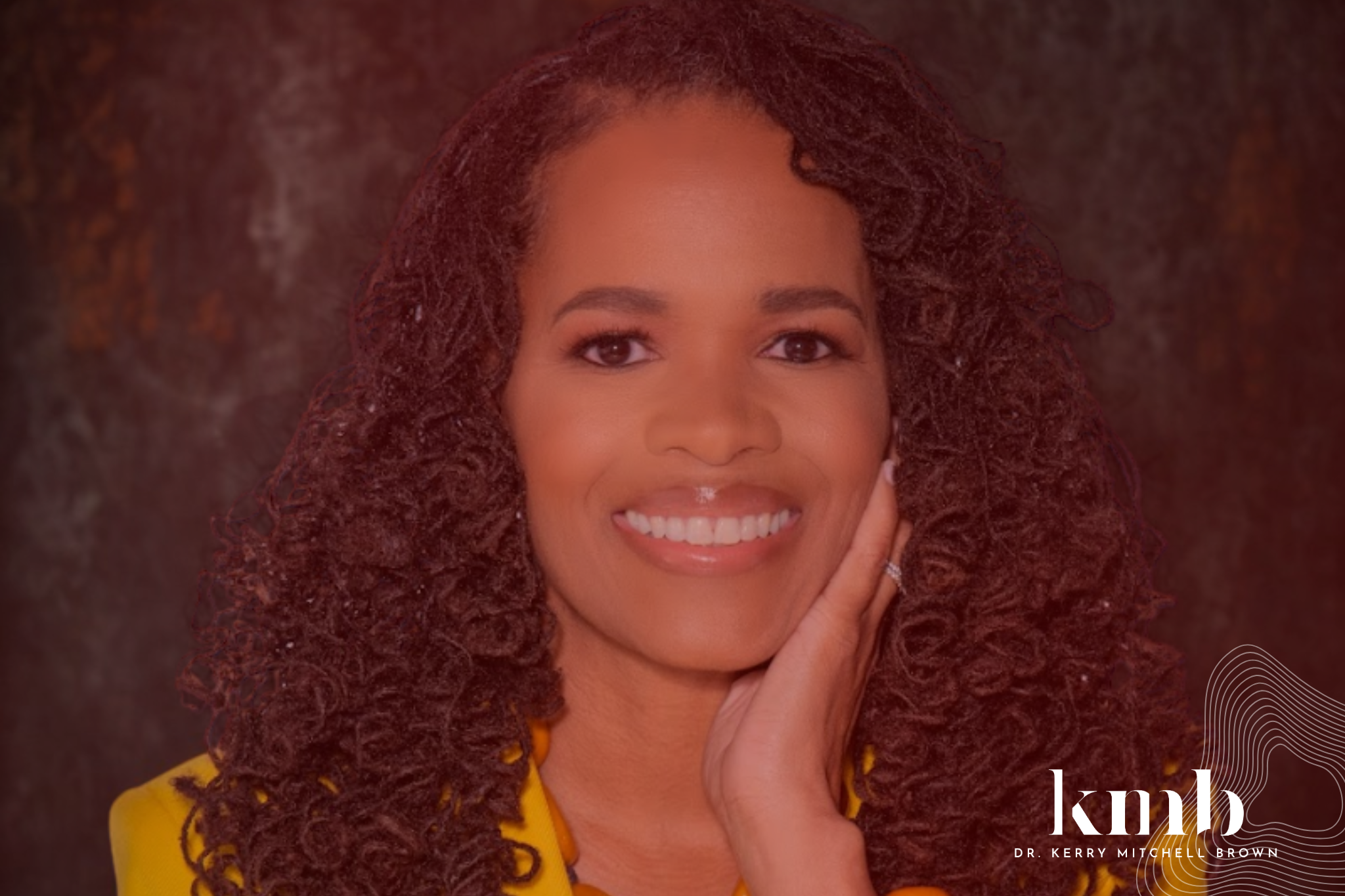Childhood financial lessons often have a lasting impact. Lately, I’ve been thinking about how my mother’s approach to money didn’t just shape my financial habits, it fundamentally influenced how I view power, access, and transformation in my work today.
My mother raised three of us alone. She stretched modest earnings not just to cover necessities but to give us many things we wanted, too. Looking back, I see how deliberately she taught us to navigate financial systems that weren’t built with Black families in mind.
Here are five financial truths my mother embedded in me that continue to guide my path.
Claim Your Share First
“Hey, before anyone else gets paid, you pay yourself.” Mom wasn’t just talking, she lived this. No matter what, she put away at least 10% of her earnings (not take-home, there’s a difference).
I remember shopping for school clothes. She’d set aside money for essentials, then tell me straight: “I’ve got the basics covered. Those name-brand sneakers? That’s on you.” It wasn’t punishment. It was preparation.
That lesson gave me something beyond savings; it gave me options. When faced with toxic work environments early in my consulting career, having that cushion meant I could walk away. When I saw educational opportunities that would advance my work in equity and leadership, I had the resources to invest in myself.
Financial freedom creates space for principled choices.
The Math Doesn’t Lie
The math is straightforward. The discipline isn’t. If you’ve got $200, you can’t spend $250. Period.
Mom had zero patience for magical thinking about money. “Don’t count on money that isn’t in your hand yet,” she’d say, watching family and neighbors trapped in predatory lending cycles.
This kept me grounded when colleagues were financing lifestyles they couldn’t maintain. I learned to distinguish between genuine abundance and its appearance, which has protected me through multiple economic downturns and helped me build a sustainable consulting practice.
Knowledge Is Currency
Mom understood something crucial: financial knowledge is power, especially for Black women navigating systems designed to extract rather than build community wealth.
She took me to our local credit union, explaining how these institutions often provide fairer access to capital than traditional banks, which have histories of discrimination. Her emphasis on financial literacy also shaped my educational and career choices. Programs like Future Business Leaders of America in high school sparked my interest in finance and set the foundation for my studies and professional pursuits.
This foundation led me to opportunities I might never have discovered otherwise. My current work in organizational transformation and equity strategy draws directly from understanding how financial systems can either perpetuate harm or create pathways to collective thriving.
Credit Cards: Tools, Not Crutches
“Credit cards are tools, not solutions.”
Mom taught us that credit should be used with clear intention, mainly for emergencies or purchases you could pay off immediately. Her view wasn’t popular during the credit explosion of my young adulthood, but it kept me from traps I’ve seen negatively impact countless talented professionals.
Times have changed. I use credit cards differently than she did—reward programs and buyer protections make them more useful tools now. But her core wisdom remains: don’t build a life on borrowed money. The freedom that comes from not servicing unnecessary debt creates space for true wealth-building.
Your Credit Score: A Matter of Access
“Your credit score will open—or close—doors,” Mom would say matter-of-factly. This number affects everything from housing opportunities to job prospects.
What strikes me now is how she contextualized this: not just as personal responsibility, but as a response to our community’s history with credit discrimination. Building excellent credit wasn’t simply about individual advantage but about challenging systemic barriers that have historically limited Black wealth creation.
A Legacy of Possibility: Moving Beyond Financial Survival
Mom’s financial lessons weren’t delivered in lectures but through lived practice. She showed us how to navigate both abundance and scarcity with dignity and foresight.
Her strength lay in her ability to harmonize realistic thinking with ambitious goals. She never sugarcoated the financial challenges we’d face as Black Americans, but she also never let those challenges define our possibilities.
Her approach wasn’t about perfect financial performance, it was about preparation, intentionality, and resilience. These principles have carried me through recessions, career evolutions, and personal challenges. They’ve shaped not just my financial wellbeing but my approach to creating more equitable organizations and systems.
What financial wisdom has been most important to you?
What lessons have helped you navigate both difficult times and periods of growth?

